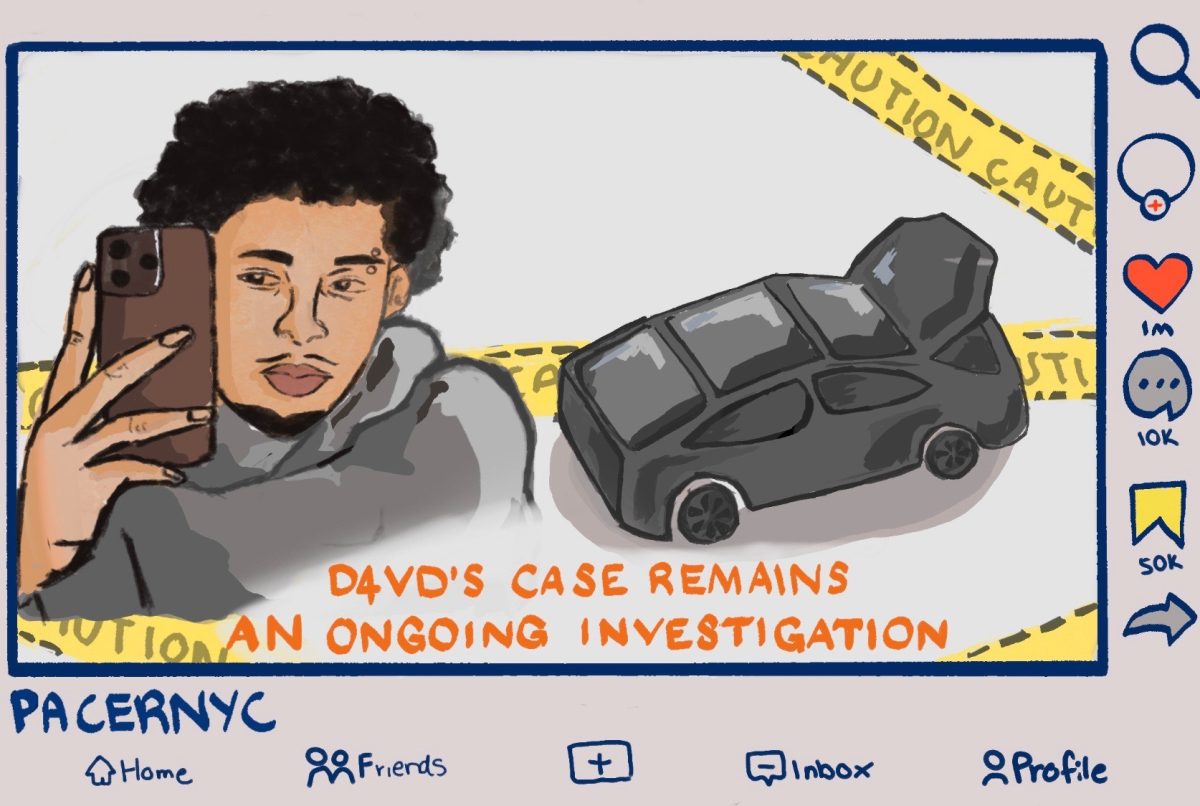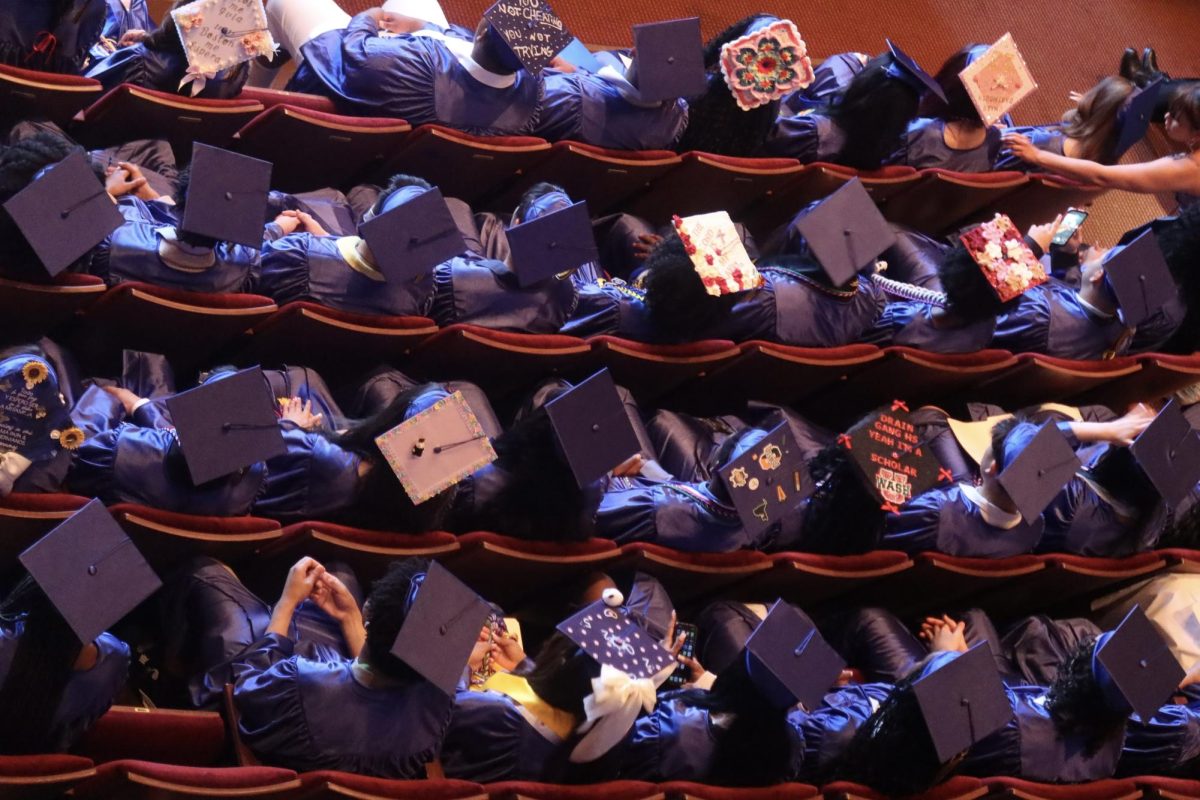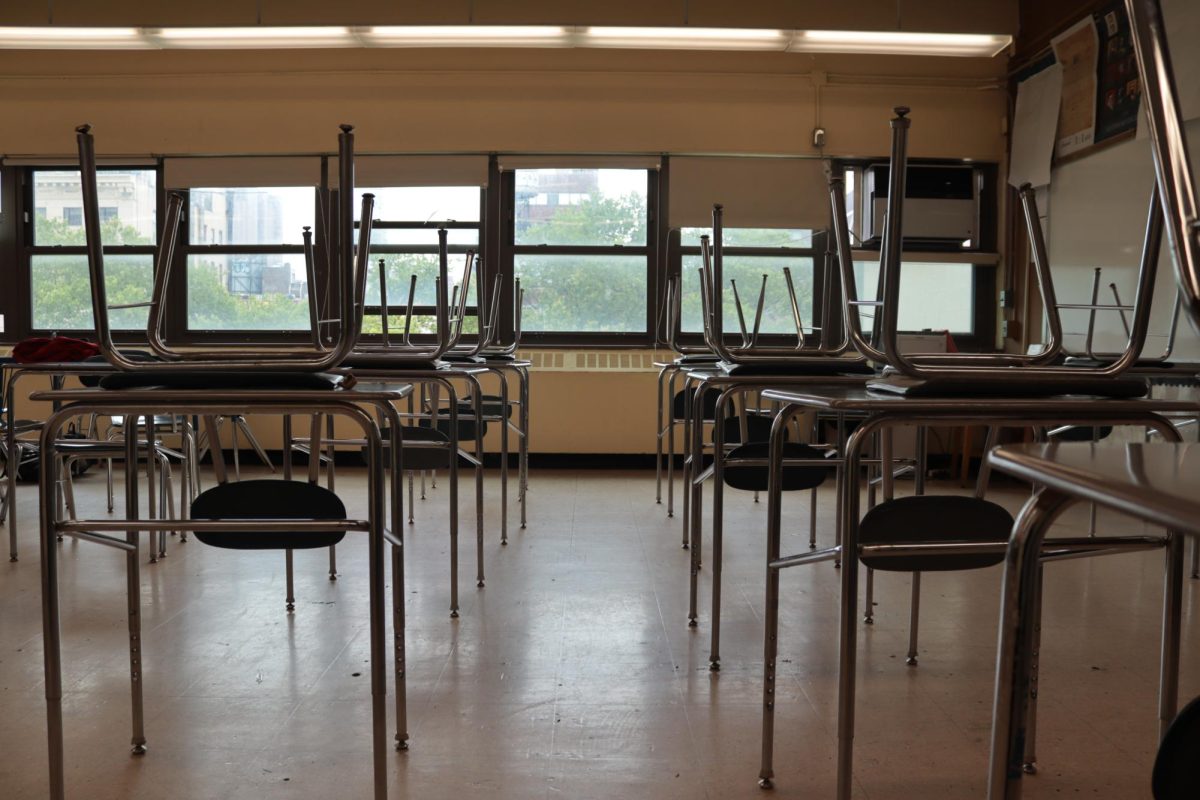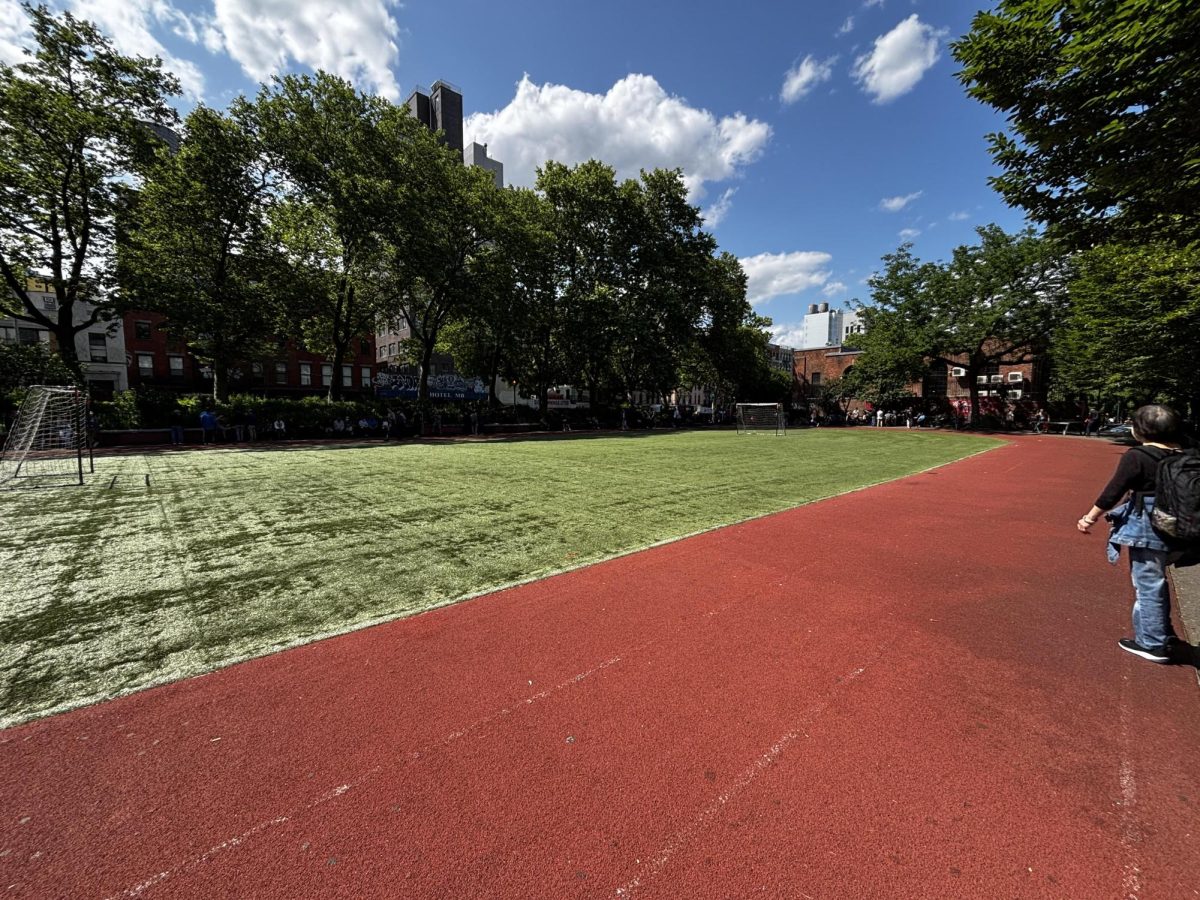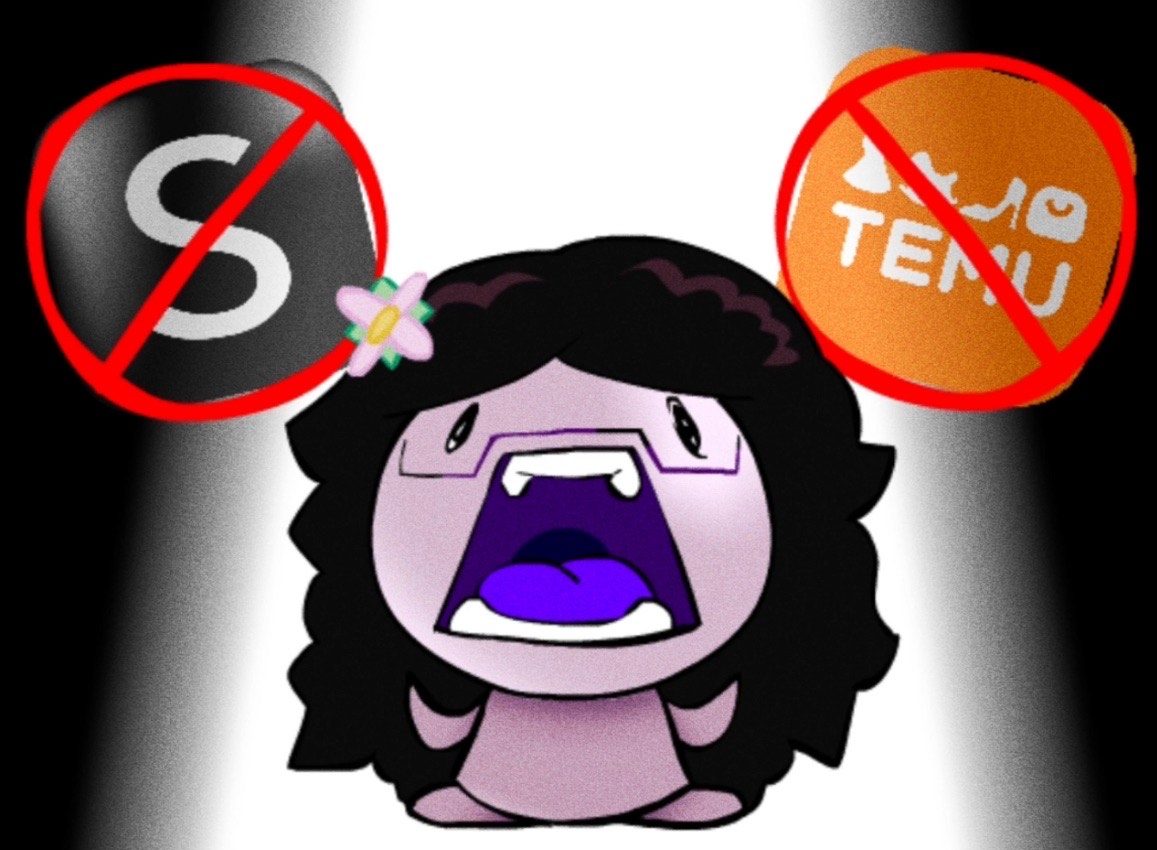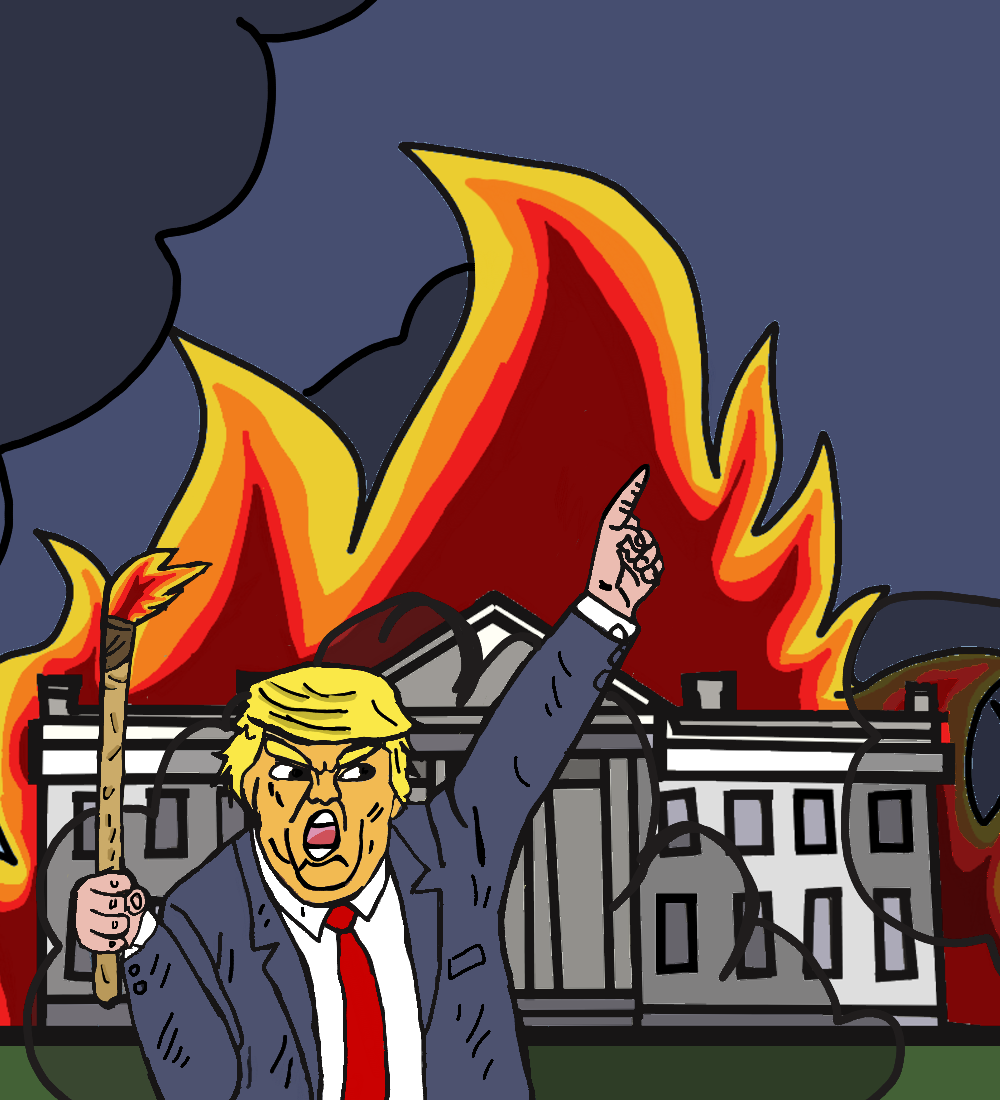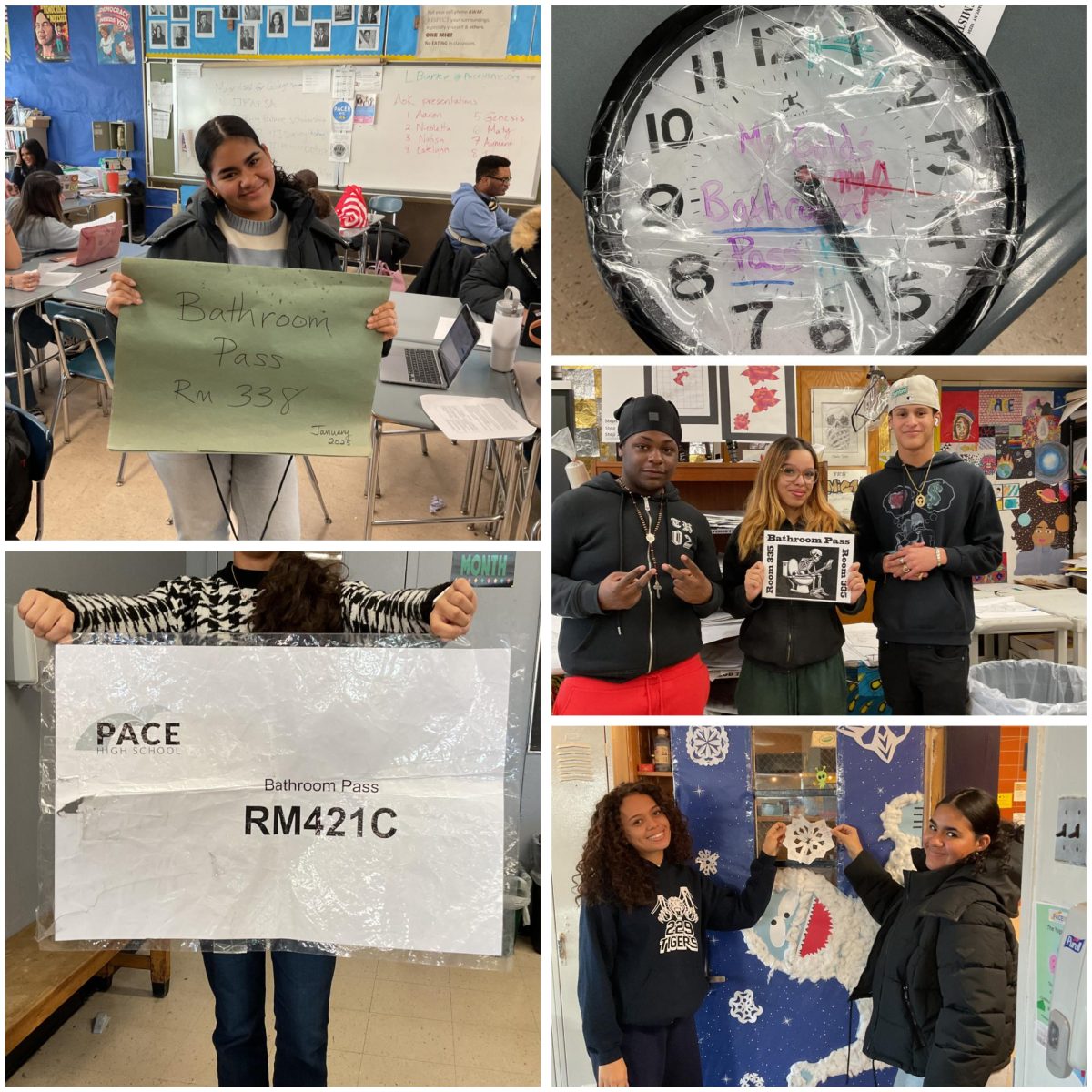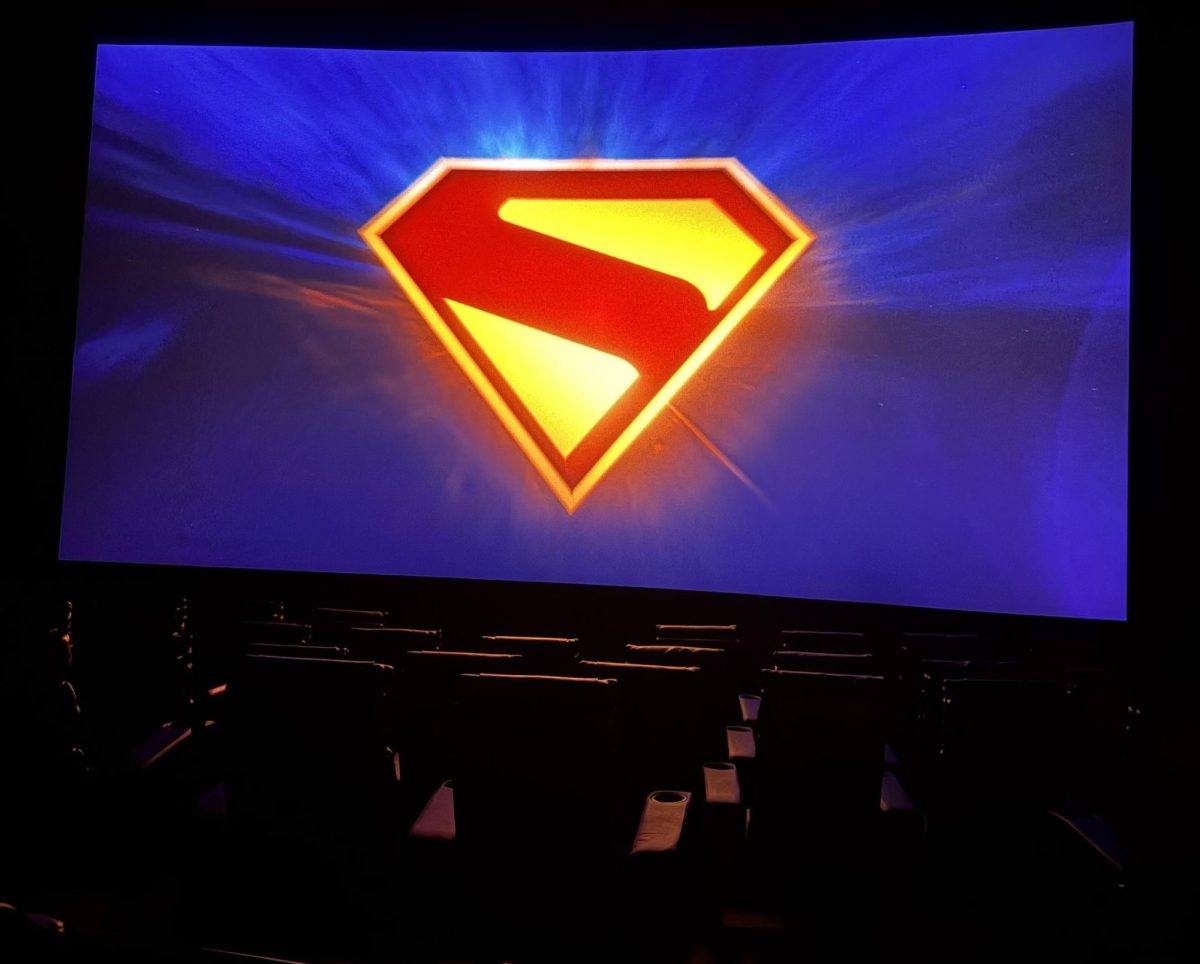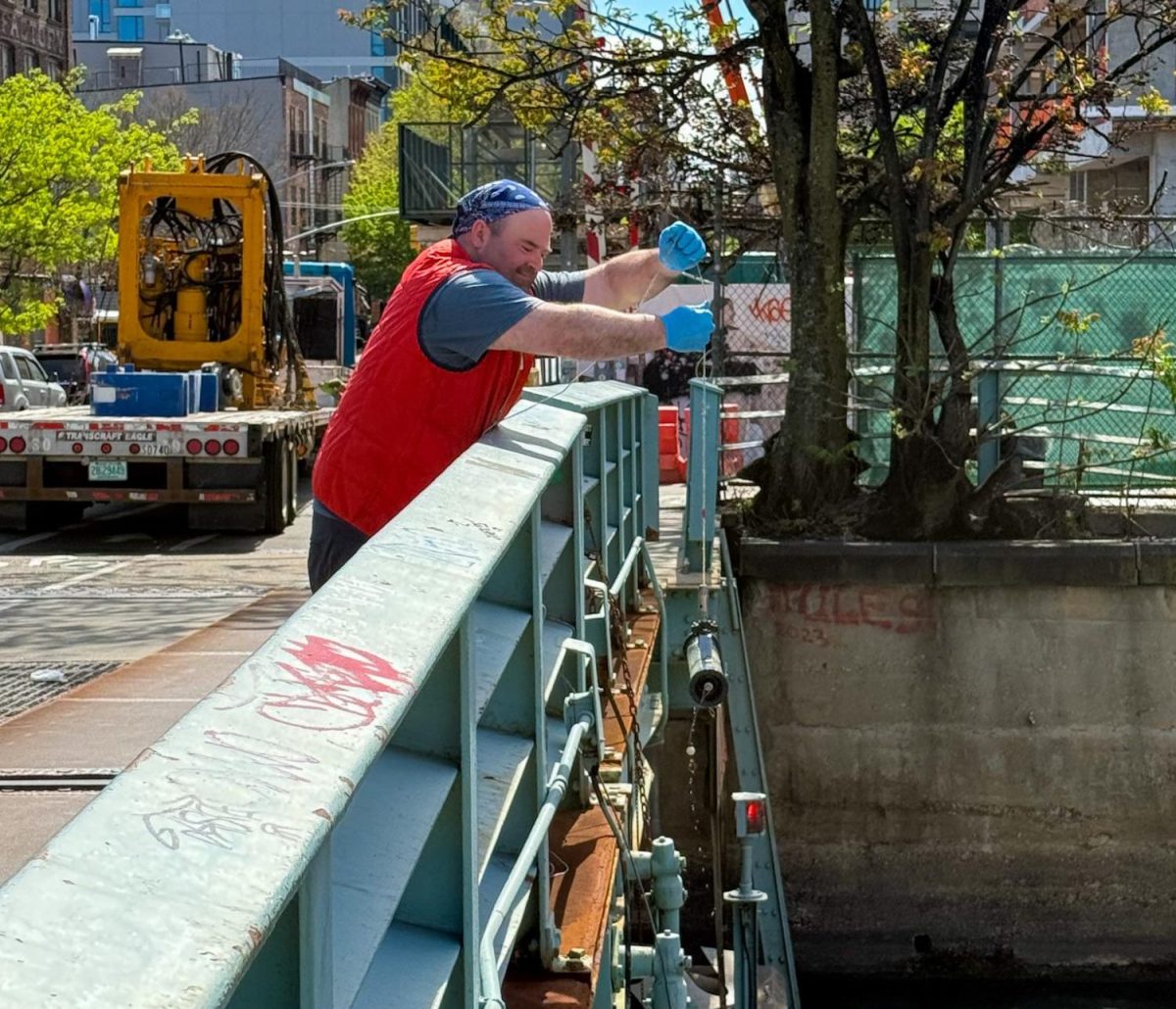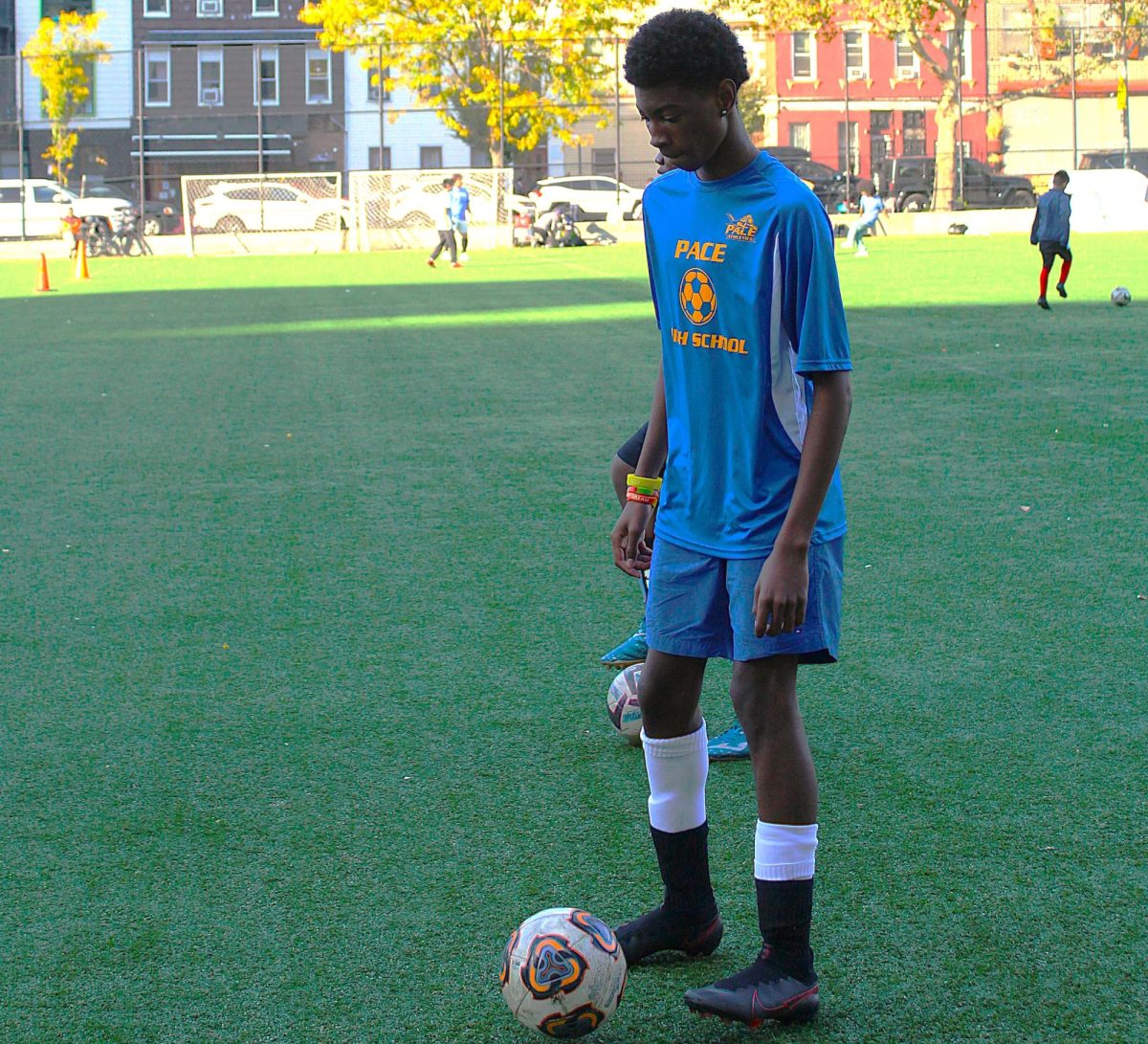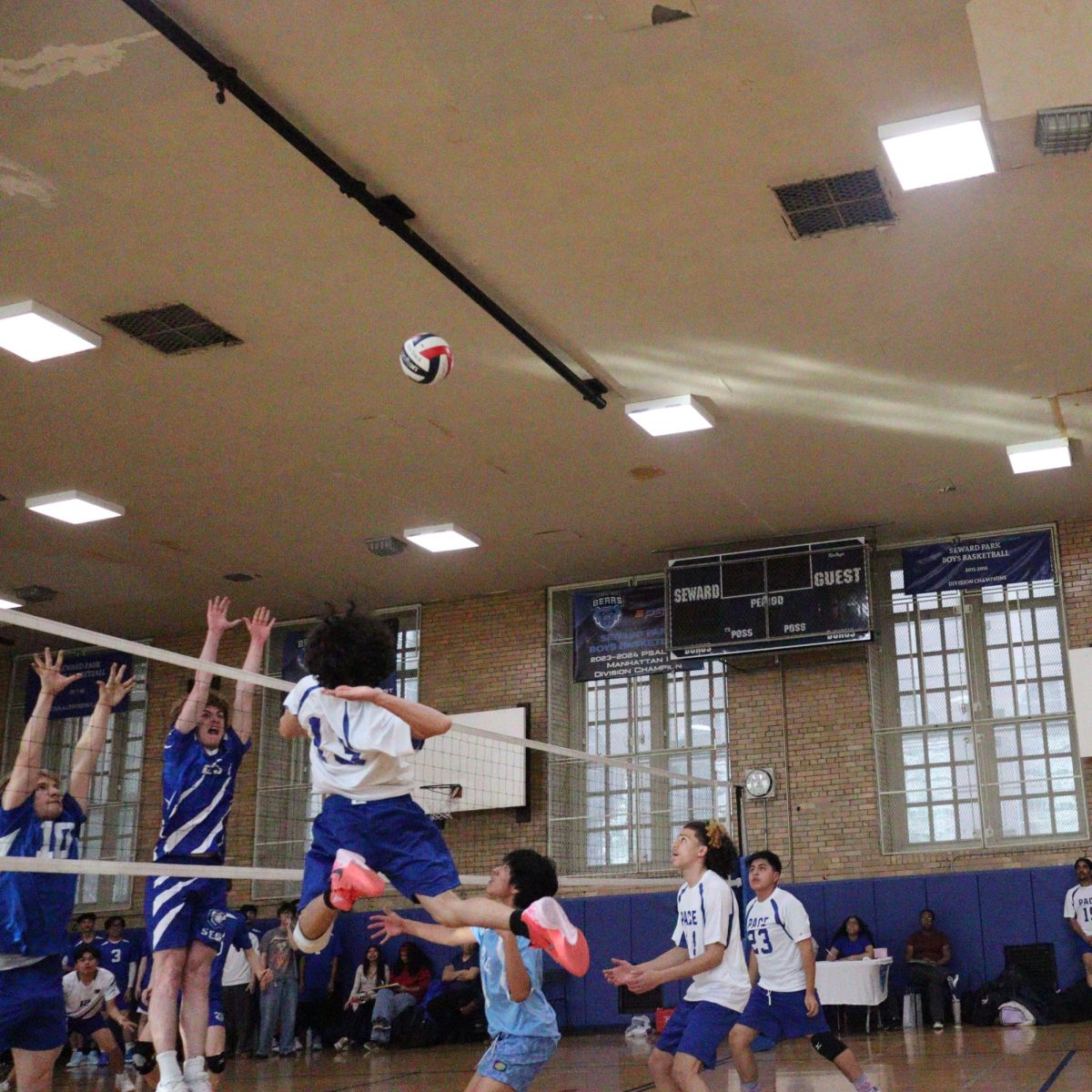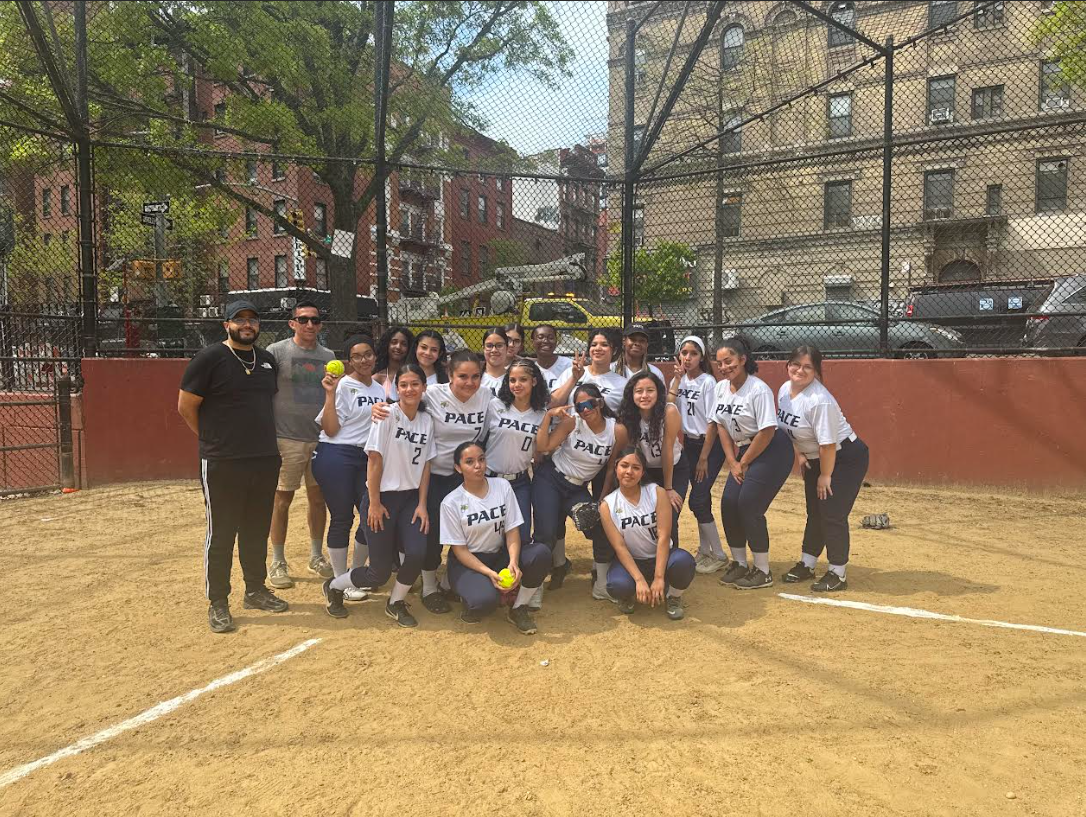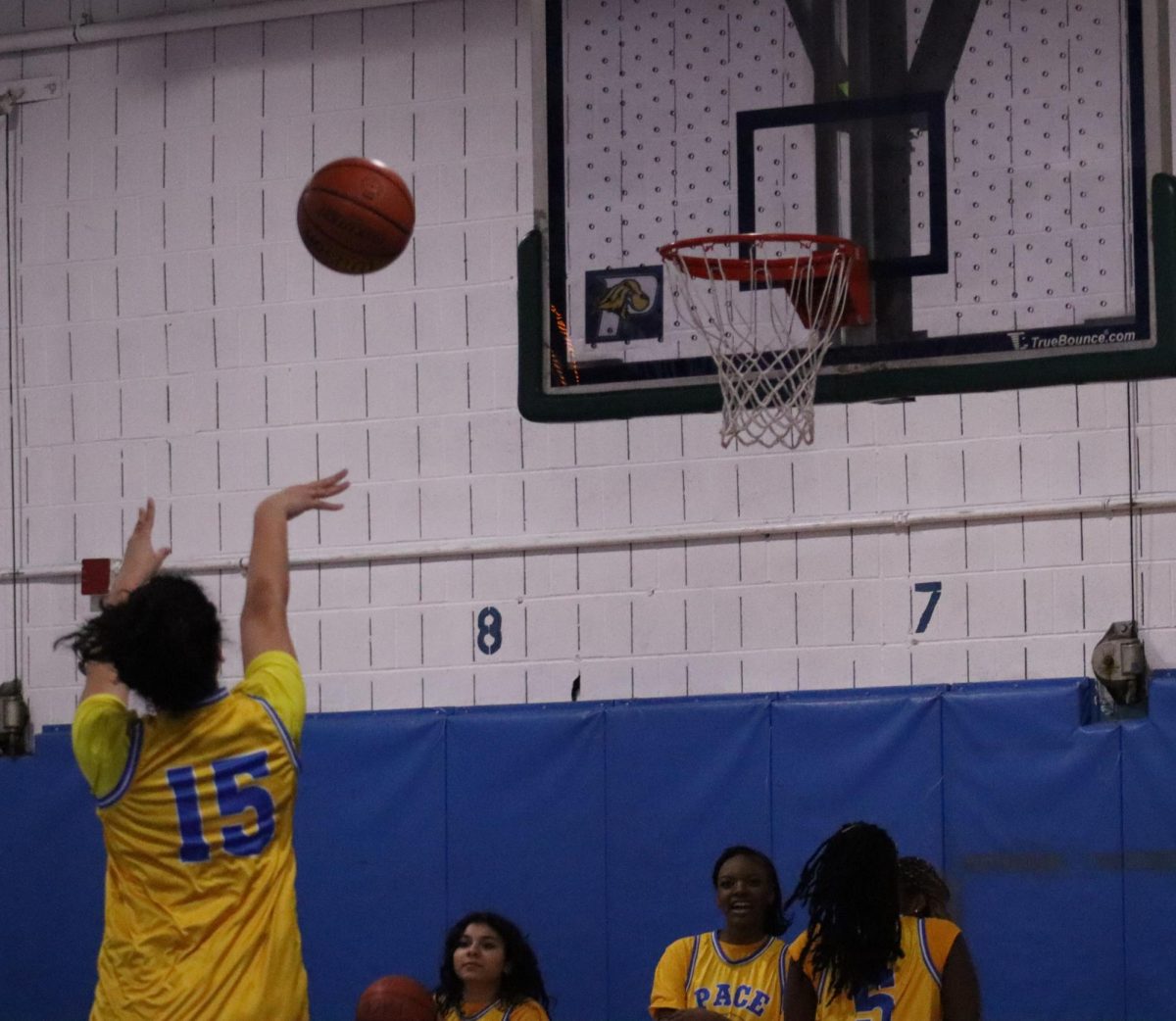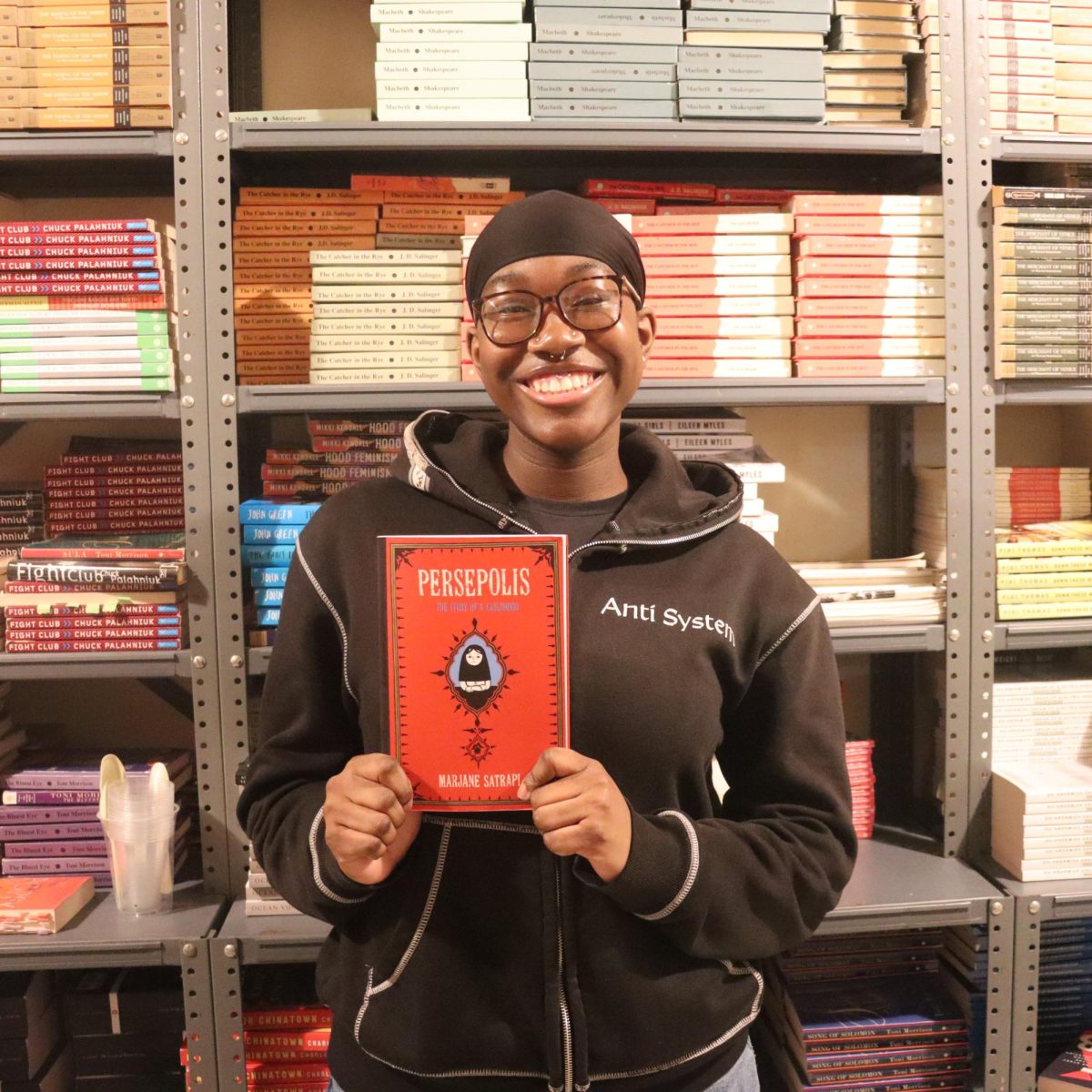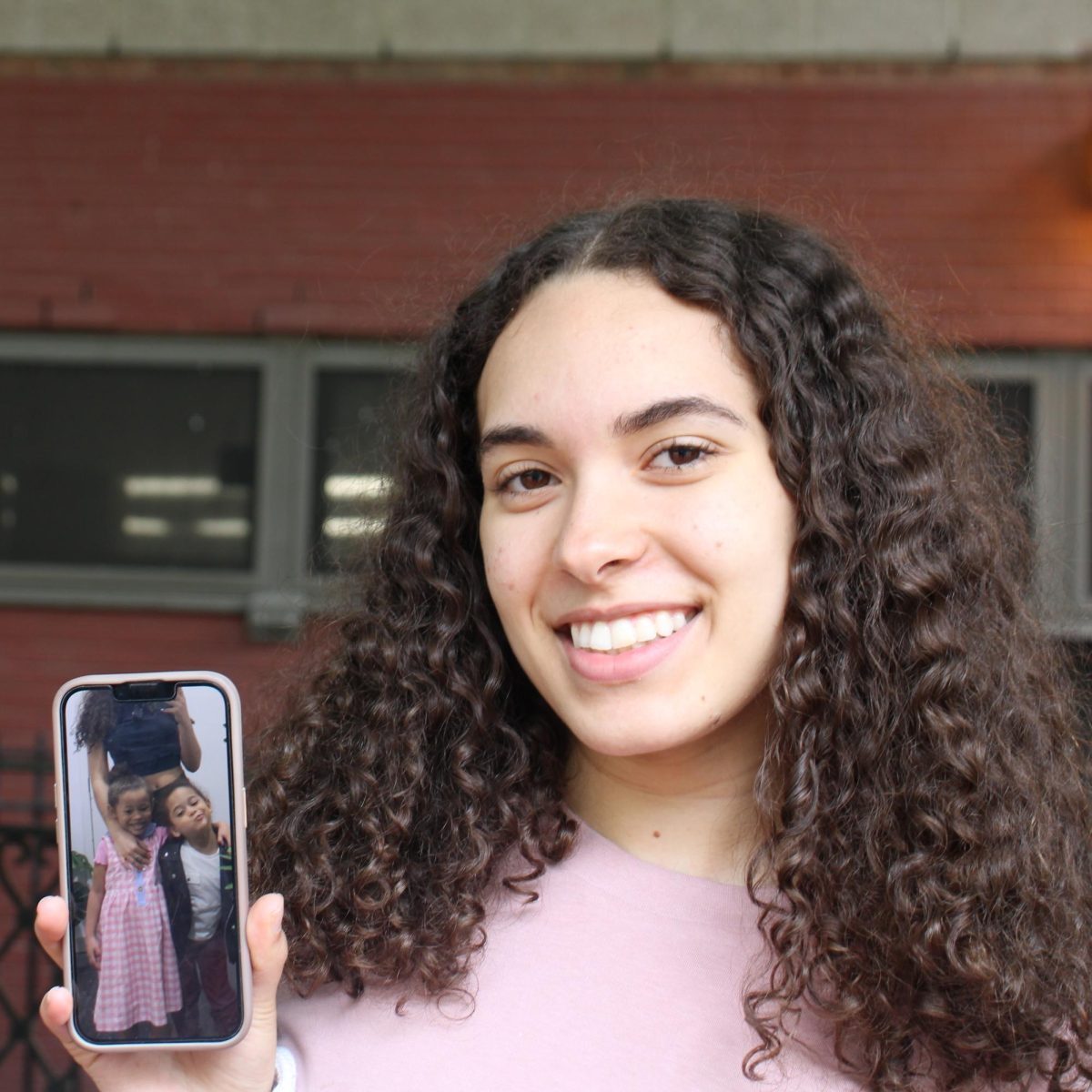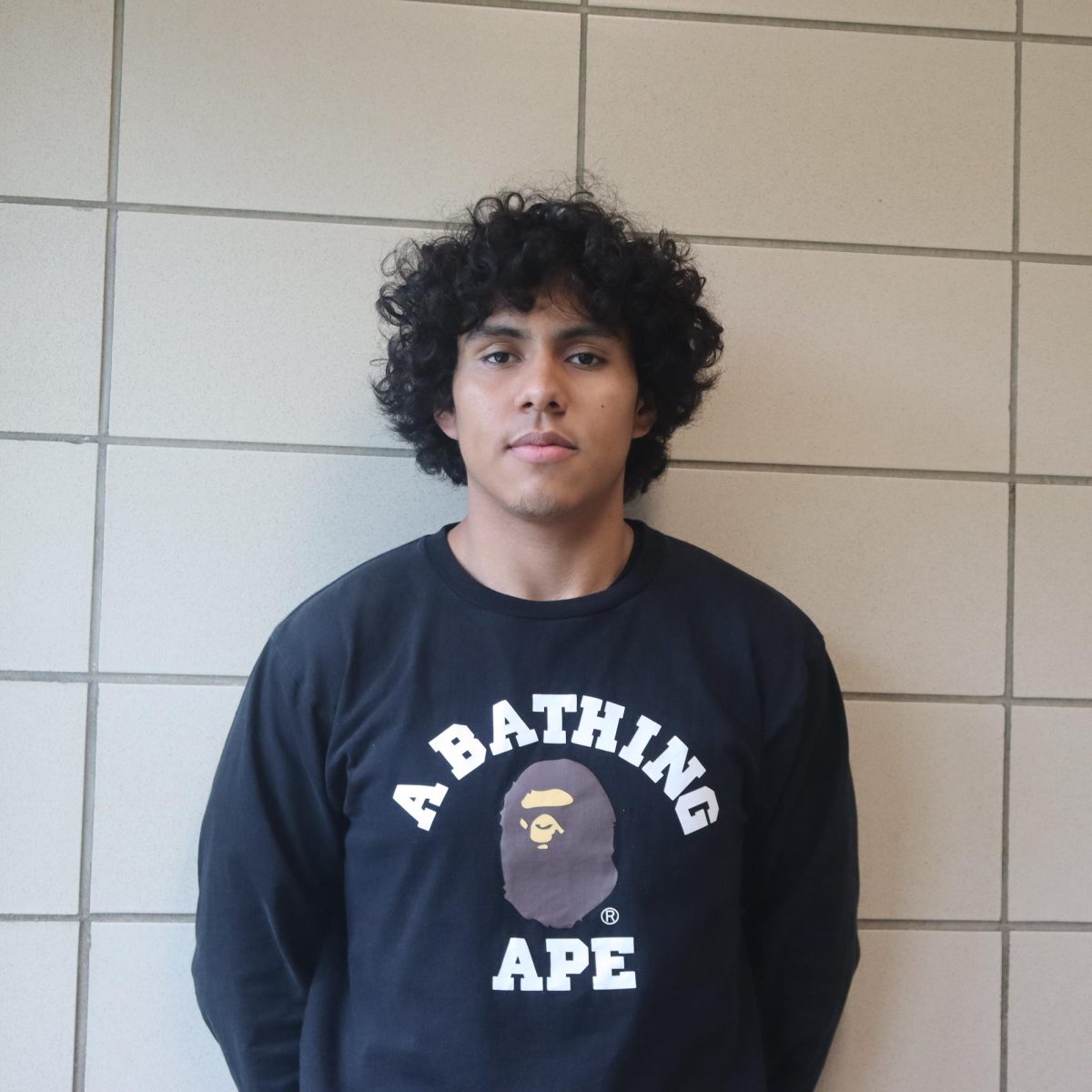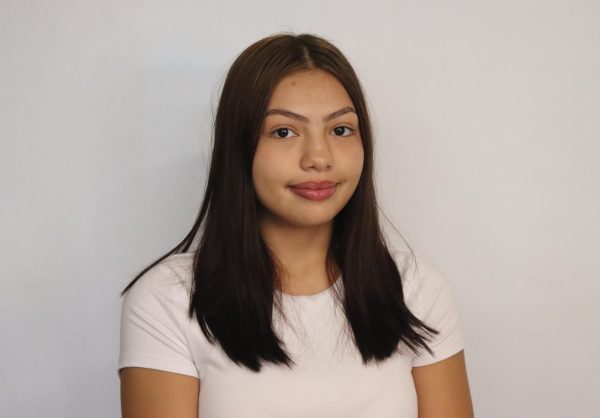Mr. Paris is an earth science teacher at Pace. Last year he had the lucky opportunity to be on an educational sabbatical. He took water quality classes at Brooklyn College for the year, as well as took water samples along the Gowanus Canal. He was able to learn various mapping techniques and even took a graduate class in sewage treatment plants.
This interview has been edited and condensed.
After being away for a year, what’s something you’ve noticed change in the school, students, and education? And what’s something that feels the same?
I think there’s a greater concern over jobs and housing in the city. That is something I saw with the college students, and it’s also something that I see with the high school students. They’re both very concerned with what’s going to happen in the future, with employment and opportunities, and with where they are going to live.
What’s a common misconception about science that you’ve noticed students often have?
That it’s not fun, that science can be boring if you do a lot of lab work. But it also is super cool when you see how it impacts your everyday life.
Looking back at your time here, what’s been the most significant change you’ve seen in science education, and how has it impacted your teaching?
There has been a new curriculum placed. It’s less teacher- and lecture-driven, and it’s more activity-oriented. The benefit of that is that there’s more media and more present materials to connect with. The problem with that is that if you don’t put in the effort, you don’t really get the output.

